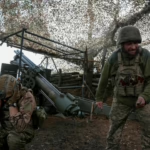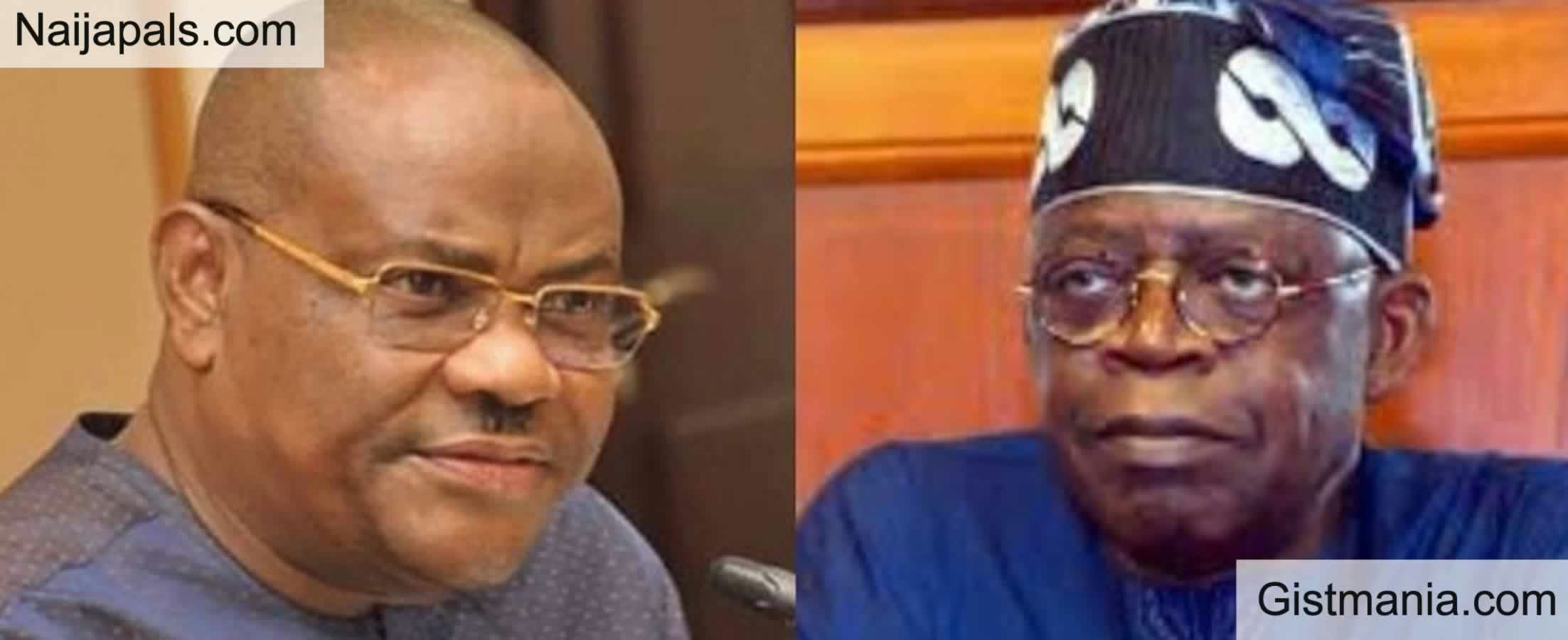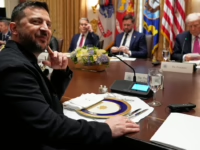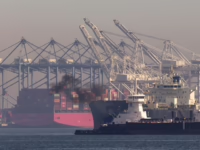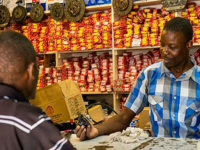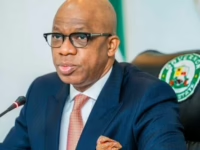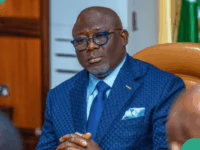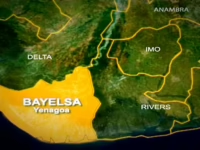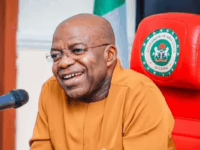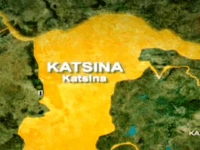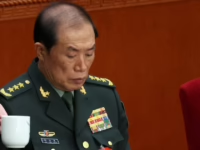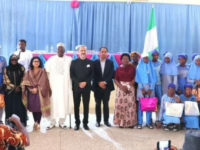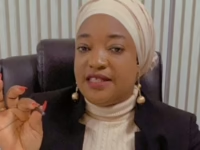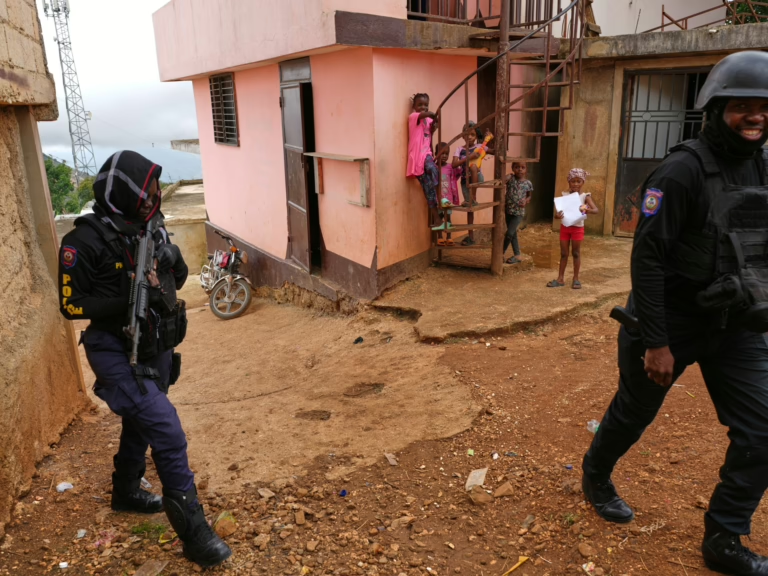The U.S. Department of the Treasury has imposed sanctions on two Haitian nationals-a former law enforcement officer and an alleged gang leader-due to their connections with the Viv Ansanm criminal coalition.
In a statement released on Friday, the Treasury accused Dimitri Herard and Kempes Sanon of collaborating with Viv Ansanm, thereby fueling the ongoing violence destabilizing Haiti.
These sanctions freeze any assets or properties the individuals hold within the United States and forbid American entities from conducting any business with them.
Bradley T. Smith, director of the U.S. Office of Foreign Assets Control, emphasized, “This measure highlights the pivotal role played by gang figures and facilitators like Herard and Sanon, whose involvement sustains Viv Ansanm’s violent campaigns of extortion and terror throughout Haiti.”
Since commencing his second term, U.S. President Donald Trump has adopted a stringent approach toward criminal organizations in Latin America, attributing them to unchecked immigration and drug trafficking within U.S. borders.
Trump has characterized these groups’ activities as a criminal “invasion,” employing nationalist rhetoric to support potential military interventions in international waters.
Viv Ansanm has been a primary target in this crackdown. On his inauguration day, January 20, Trump signed an executive order enabling his administration to designate Latin American criminal groups as “foreign terrorist organizations.”
This initiative gained momentum in May when Viv Ansanm, alongside another Haitian gang called Gran Grif, was officially classified under this designation.
Following the 2021 assassination of Haitian President Jovenel Moise, Haiti has experienced a leadership void. The last national elections took place in 2016, and the tenure of the most recent democratically elected officials concluded in 2023.
This political instability has eroded public trust, allowing criminal gangs to strengthen their influence. Viv Ansanm stands out as one of the most dominant factions, representing a coalition of gangs primarily operating in Port-au-Prince, the capital.
In July, Ghada Waly, executive director of the United Nations Office on Drugs and Crime, warned that gangs now exert “near-complete control over the capital,” with approximately 90% of its territory under their dominance.
The surge in gang-related violence has displaced nearly 1.4 million Haitians, marking a 36% rise compared to 2024. Last year alone, over 5,600 individuals lost their lives, and more than 2,200 were wounded.
The Treasury’s sanctions specifically accuse Herard, the ex-police officer, of collaborating with Viv Ansanm by providing training and supplying firearms.
Herard was previously detained by Haitian authorities for his alleged involvement in President Moise’s assassination but escaped custody in 2024.
Kempes Sanon is identified as the leader of the Bel Air gang, a key component of the Viv Ansanm alliance. The Treasury highlights his significant role in expanding the coalition’s influence and links him to numerous acts of murder, extortion, and kidnapping.
Mirroring the U.S. actions, the United Nations Security Council also sanctioned Herard and Sanon on Friday and extended its arms embargo on Haiti, initially imposed in 2022.
In September, the Security Council authorized the formation of a “gang suppression force” with a one-year mandate to collaborate with Haitian police and military forces. This unit, expected to comprise 5,550 personnel, will succeed the Kenyan-led mission aimed at bolstering Haiti’s security apparatus.
However, the Trump administration criticized the UN’s measures as insufficient, urging for additional sanctions targeting more individuals involved in Haiti’s insecurity.
In an open letter, U.S. Ambassador Jennifer Locetta stated, “While we commend the Council for sanctioning these figures, the list remains incomplete. Numerous facilitators of instability in Haiti continue to evade justice.”
She added, “Haiti deserves stronger accountability. We will persist in advocating for expanded designations through the Security Council and its subsidiary bodies to ensure sanctions are comprehensive and effective.”


